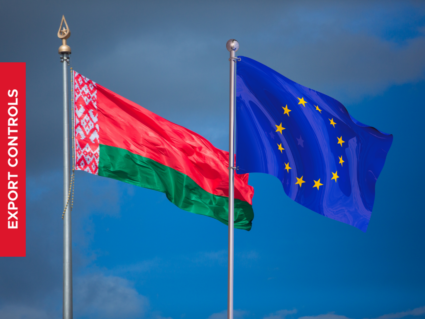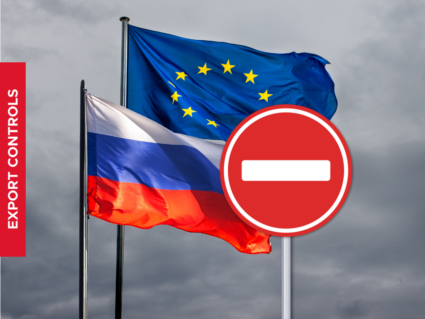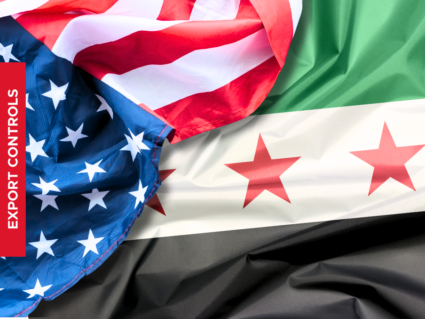Suspension of economic sanctions on Syria: decisions and implications
 On 28 May 2025, the Council of the European Union adopted a package of measures lifting economic sanctions—except those based on security concerns—against Syria, with the aim of supporting the country’s transition and recovery following the fall of the Assad regime. The United States has also taken a major step in changing its sanctions policy toward Syria, lifting most of the restrictions under the Syrian Sanctions Regulations.
On 28 May 2025, the Council of the European Union adopted a package of measures lifting economic sanctions—except those based on security concerns—against Syria, with the aim of supporting the country’s transition and recovery following the fall of the Assad regime. The United States has also taken a major step in changing its sanctions policy toward Syria, lifting most of the restrictions under the Syrian Sanctions Regulations.
On 28 May 2025, the EU Council issued a package of decisions, regulations, and implementing regulations significantly easing the sanctions imposed on Syria. Specifically, these include:
- Decision (CFSP) 2025/1095,
- Decision (CFSP) 2025/1096,
- Implementing Regulation (EU) 2025/1094,
- Regulation (EU) 2025/1098.
Through these instruments, the EU formalized the political decision announced on 20 May, repealing all economic restrictive measures except those grounded in security reasons. The stated objective is to support the Syrian people in rebuilding a united, inclusive, pluralistic, and peaceful nation.
As part of this new approach, the Council also removed 24 entities from the EU sanctions list subject to asset freezes. These include banking institutions—such as the Central Bank of Syria—and companies operating in sectors crucial for the country’s economic recovery, including oil production and refining, cotton, and telecommunications.
Numerous individuals and legal entities remain subject to restrictive measures, as listed in Annex II to Regulation (EU) No 36/2012. These include persons linked to the former regime, as well as former President Bashar al-Assad and several of his relatives. These listings have been simultaneously renewed until 1 June 2026.
Permitted Activities
The new sanctions framework now allows, by way of example:
- Import into the EU or transport of crude oil and derivatives (e.g., customs codes 2709, 2712) originating from or exported by Syria. It is also permitted to provide financing or financial assistance, including derivative financial instruments, as well as insurance and reinsurance for the import or transport of such oil products.
- Export or indirect sale to any person, entity, or body in Syria, or for use in Syria, of jet fuel and fuel additives (e.g., codes 2710 12 70, 3811 21 00, 3811 90 00), including the provision of brokerage services, financing, or financial assistance, derivative financial instruments, insurance, and reinsurance.
- …
Read the news.
Activate ZPC Monitoring, our professional service of regulatory updates, alerts, analyzes and insights on export controls and geopolitical risk.



